No other sound can make you worry more than your engine cranking at first and then dying afterward. Don’t take it for granted if your car is acting this way. In this article, I’ll discuss car struggles to start, but the battery is fine – what to do.
If your car’s battery is working fine, but your engine is having trouble igniting the fuel, it is more than likely that your engine is losing fuel pressure. Perhaps the fuel pump is malfunctioning.
There are other possible causes for this issue. It may be due to faulty wiring connections, clogged fuel injectors, dirty fuel filters, and many different reasons. To solve this problem, you need to know what exactly is causing it.
Read on to learn more about the causes why your car battery is fine, but your car is struggling to start and what you can do about it.
Car Struggles to Start, but the Battery Is Fine
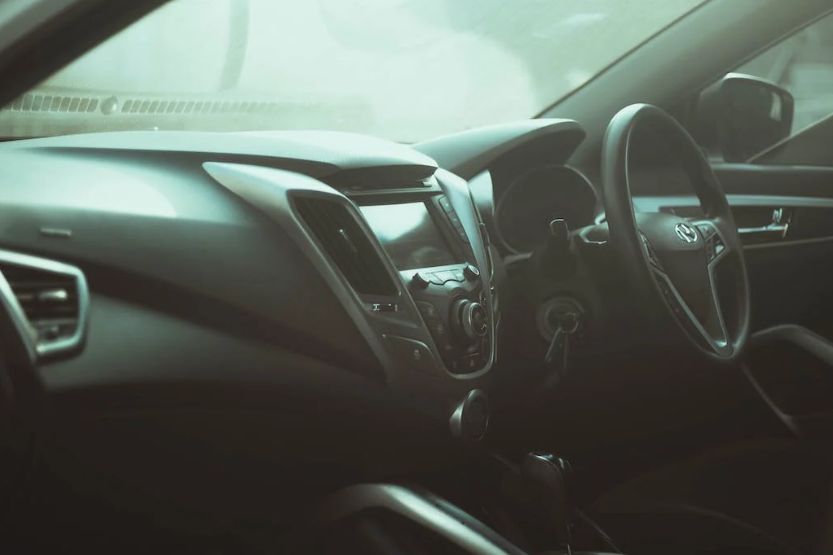
If the battery is good, but the engine dies off after it starts, the cause could be a bad alternator. The alternator also charges the battery while the engine is running. If it malfunctions, it cannot sustain the electricity that the car’s electrical devices require.
If you hear a clicking sound when you attempt to start your car, but the engine won’t run, the battery is the problem. Jumpstarting the engine will get it to turn over and enable you to drive your car.
To fix this problem, you have to isolate the actual cause. Basic knowledge about car batteries, starters, and alternators can help you diagnose the real issue. Still, your best chance of solving the problem is by asking for the help of a qualified mechanic.
Why Does Your Car Struggle to Start But Runs Fine
There are several reasons why your car’s engine dies away after it starts, even if its battery is working fine, including:
- Wiring issues,
- Failing fuel pumps,
- Bad weather conditions, Clogged fuel injectors, and many more.
Let’s discuss these causes one by one:
1. Fuel Issues
The engine needs fuel to run. If the power can’t reach the engine, there won’t be anything to burn, and it won’t be able to run. The fuel system of an engine is composed of different parts. If one or more of these fuel components have a problem, it will affect the engine’s operation.
Check the fuel system components if the engine dies off repeatedly after it starts. One of them could be causing the problem.
2. Failing Fuel Pump
Modern cars are equipped with fuel distribution systems using high pressure to supply fuel to the engine. If there’s a problem with the pressurized fuel system, fuel delivery will not be efficient. There’ll be no ignition that will take place inside the engine.
You must check the fuel pump to determine if this is the problem. A malfunctioning fuel pump will not provide enough pressure to the system, and fuel won’t be able to reach the engine. Sometimes, it may allow air to enter the fuel lines, spoiling the power-to-air ratio and stopping fuel burning.
3. Blocked Fuel Injectors
If your engine starts but dies off afterward, the fuel injectors are one of the first things you must check. This problem of dying engines is commonly seen in clogged fuel injectors. There are times when dirt finds its way into the fuel injector tips.
If this happens, it will alter the pressure and the trajectory of the fuel injected into the engine. Fuel disruptions such as this can affect the air-to-fuel ratio and stop it from burning inside the engine.
4. Soiled Fuel Filter
The fuel filter prevents dirt and debris from entering the fuel system. Over time, it gets dirty and clogged with small foreign particles.
When this happens, instead of facilitating fuel flow, it will hinder the fuel flow to the engine. This is why even if the engine starts, it will die soon after because the fuel flow is disrupted.
5. Malfunctioning Fuel Pump Relay
A bad fuel pump relay can also cause this problem. This fuel system component transmits the power needed to get the right fuel from the fuel pump to the engine’s combustion chamber. Check this relay if you notice the following symptoms in your car:
- Acceleration is not consistent
- Check engine light turns on the dash
- Engine stalls or won’t run
- No sound from the fuel pump indicating that it is not working
6. Faulty Alternator
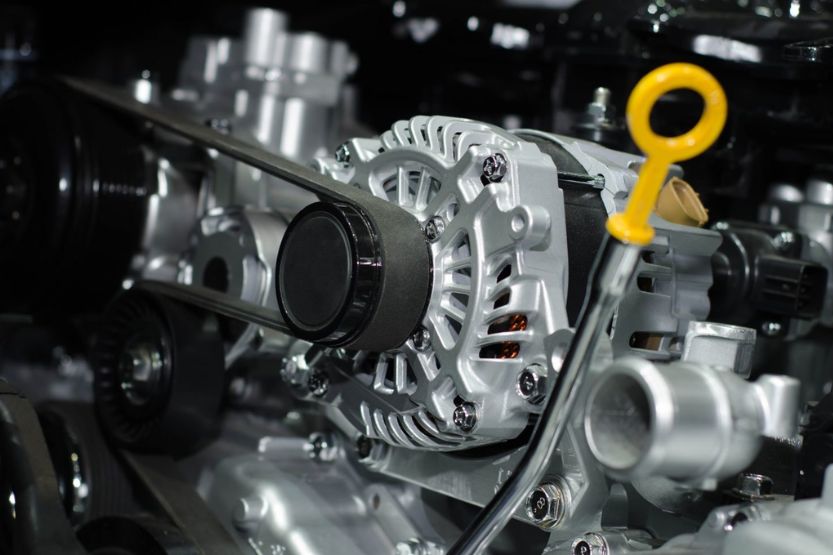
A failing alternator is one of the common causes of a car dying off after it starts. The alternator handles the battery charging while your vehicle is running, so your battery will always be sufficiently charged.
You will see if it’s the alternator that is causing the problem if you see the following signs:
- There’s a problem with the output of your car’s stereo or audio system
- There’s a burning smell coming from the belt being used by the alternator
- Interior lights or the dome light flicker and go dim
- Check the engine light or battery symbol turning on the dash
7. Bad Wiring Connections
The engine won’t start if the wiring connections of the battery or the alternator are failing. The engine may start but die off soon after if the electrical connections are not firm. Electricity only flows if the wiring connections of the system are fully intact.
If there is any loose contact, the flow of electricity will be intermittent and not steady. Corroded electrical wires can also prevent the constant flow of electricity. You need to check all the electrical lines of the battery, alternator, and electrical devices to see the already corroded lines.
8. Damaged Starter
Your starter fails if you hear several clicks successively while trying to start the engine or a loud squeaking sound. This component draws power from the battery when you start the engine.
It is the one that cranks the engine at the start. If it works fine, it will readily turn the engine once, enabling it to run independently. If not, you will hear it repeatedly clicking as you turn the ignition key.
9. Bad Ignition Switch
The role of the ignition switch is to transmit power from the battery to your vehicle’s electrical components. It triggers the electric current from the battery to the engine’s ignition coil to produce the spark from the plugs that make your engine run continuously.
The ignition system also supplies electricity to the electrical components of your car once the engine starts running. As you can see, if the ignition switch is malfunctioning, it won’t be able to crank or start your engine.
10. Faulty Fuse
Your car is equipped with different fuses for all of its electrical components. These fuses are there to safeguard the integrity of the electrical components of your vehicle in case there is a short in their circuits.
Should there be a problem in an electrical circuit, the first part that will brake is the fuse so the runaway current or voltage will not destroy the electrical device that is connected to it.
So, if your ignition switch is not working, you must first check its fuse. If blown, no power is coursing through the electrical wire that transmits power to the ignition switch.
11. Low Fuel
This is the most overlooked reason you can start your car, but its engine suddenly fades after a few minutes. The fuel level in your gas tank is so low that your engine can only start but cannot sustain its power to run. It lacks the fuel required by its combustion chambers to make it run for a long time.
Again, why does your car struggle to start but run fine? A car struggling to start but running fine might be due to wiring, battery, starter motor, or fuel pump issues.
How to Fix a Car That Struggles to Start, but the Battery Is Fine
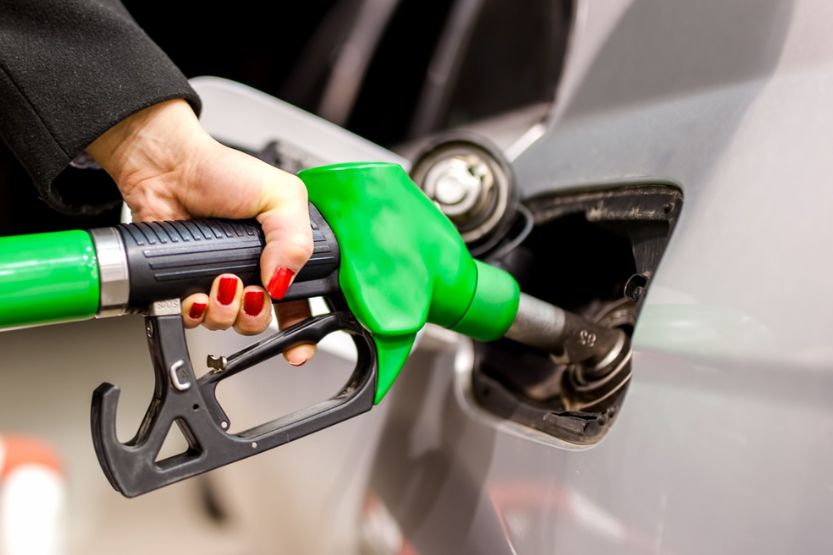
Here’s the most fundamental thing you should do if facing this problem when you are already driving:
- If you hear a clicking sound as you try to start the engine, cycle the car key. Give the battery several taps on its two terminals.
- If you don’t hear any clicking sound as you turn the key, try to shift the gear shift.
- If the engine turns but can’t fire up, try swapping relays. Also, check the fuel tank and slap or smack it.
If these techniques do not help, you can still do other things. Here are some more strategies:
1. Check the Level of Fuel in Your Tank
Each time, before driving your vehicle, remember to check the level of fuel in your tank. Don’t drive away with a tank about ready to hit its bottom. Gas up before going on a long drive to ensure that you have enough fuel going to and from your destination.
On the other hand, your engine will also fail to start if the engine is flooded with fuel. The extra fuel can flood the spark plugs preventing them from producing the sparks that will ignite the fuel.
This is a common problem with older car models because most still use carburetors in their engines. If this is the case, press the gas pedal down to the floor and hold it there for several seconds while cranking the engine. This will release the extra fuel from the tank.
2. Ask a Qualified Mechanic to Check the Ignition Switch
One way of dealing with this problem is to lighten down the weight of your keychain. Limit the number of keys in your keychain to just a few.
If your keychain is too heavy, it will strain the ignition switch when you insert it. The ignition switch is just behind the ignition lock cylinder, so it is easily affected.
If you have determined that the ignition switch is causing the problem, you have to ask a qualified car electrician mechanic to fix the problem.
3. Take Your Car to a Car Shop
If the cause of your problem is a damaged alternator, the best solution is to take your car to a car shop specializing in car electrical repairs. Don’t try to correct it yourself if you have no knowledge, training, or experience fixing this car issue.
4. Ask Help from a Car Electrical Technician In Case of Faulty Electrical Connections
Your car uses many electrical components and devices connected individually by separate electrical connections. These connections are called electrical circuits.
Suppose you want to pinpoint the exact cause of the wiring problems of an electrical component, such as the ignition switch, battery, alternator, or starter. In that case, you need to trace its wiring connections using its electrical circuit. The best person to do that is a car electrical technician.
In Closing
If there’s nothing wrong with your battery, but your car slowly dies off after it starts, likely, the engine cannot ignite the fuel. Perhaps, there’s a loss of fuel pressure in the engine because of a bad fuel pump.
Other fuel issues, such as dirty filters or clogged fuel injectors, can cause this problem. Electrical wiring issues can also cause this problem. To fix this issue, you have to pinpoint the exact cause.


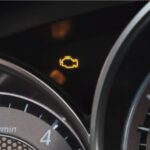
![Low Tire Pressure Light On But Tires Are Fine [Why Is This?] low tire pressure light on but tires are fine](https://roadsumo.com/wp-content/uploads/2021/07/low-tire-pressure-light-on-but-tires-are-fine-150x150.jpg)
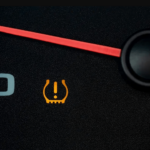
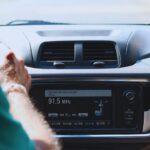

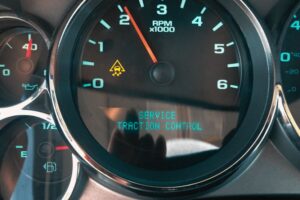
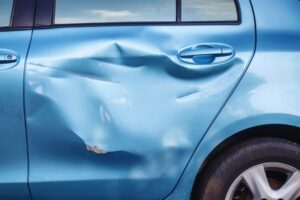
![Read more about the article Stainless Steel License Plate Screws [12 Best]](https://roadsumo.com/wp-content/uploads/2022/01/stainless-steel-license-plate-screws-2-300x200.jpg)